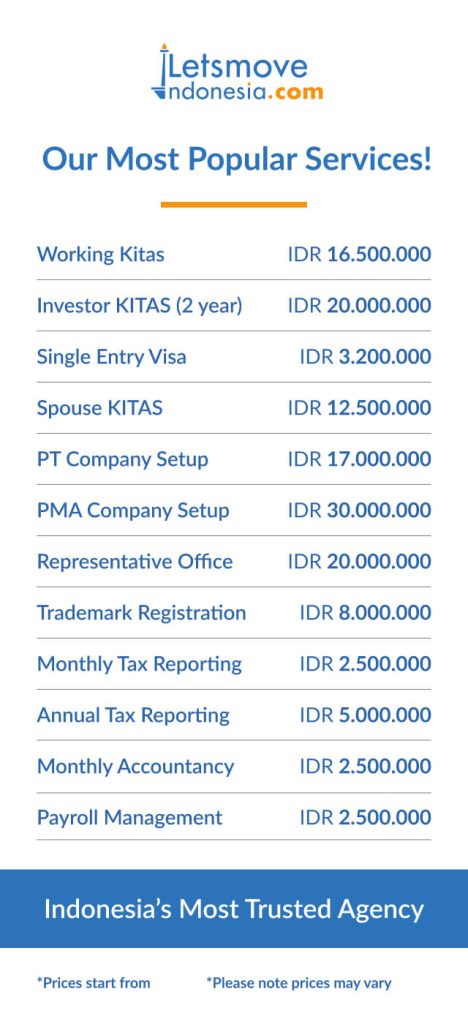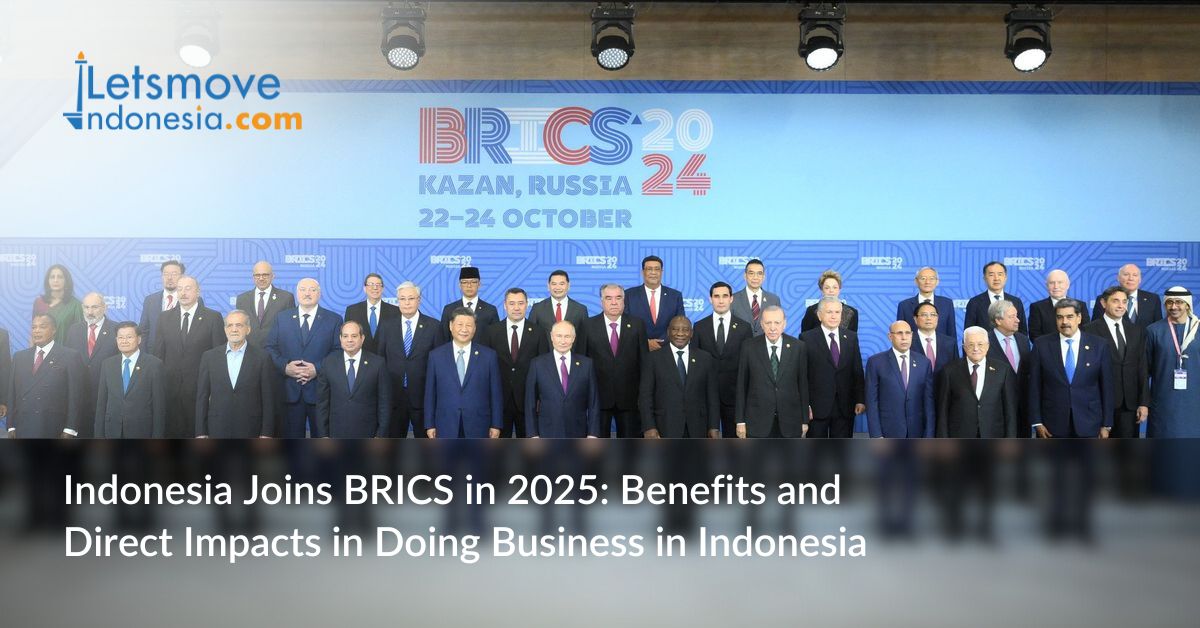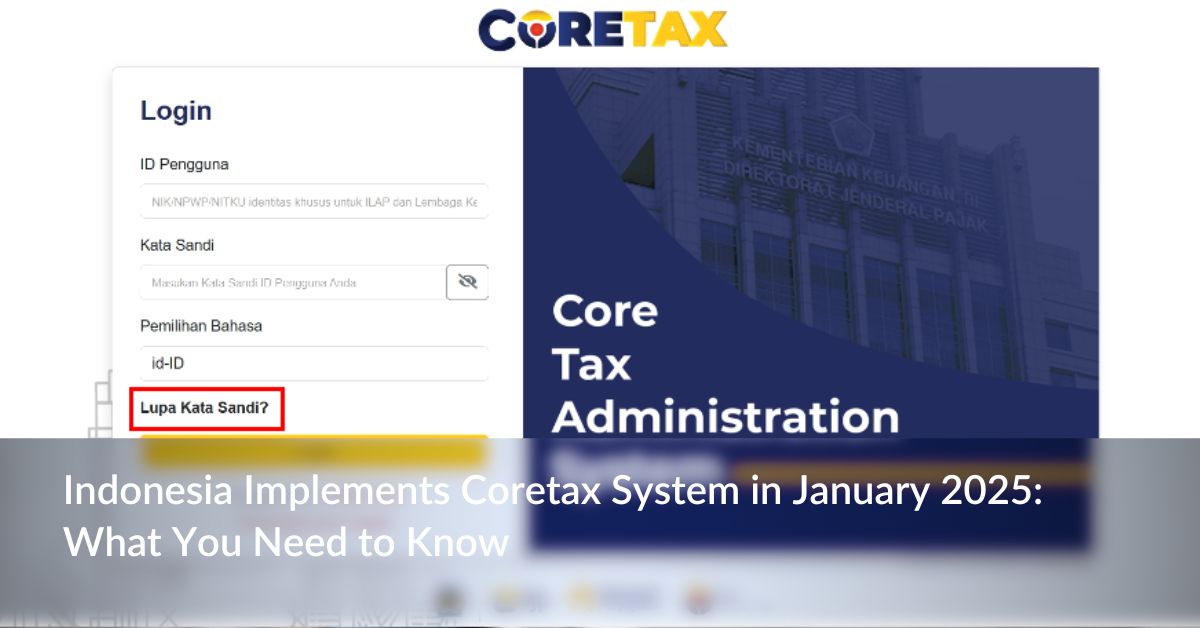A prenuptial agreement, often referred to as a “prenup,” is a legal contract that a couple signs before getting married (premarital agreement). This contract outlines the division of assets, property, and financial responsibilities in the event of divorce or separation. While prenuptial agreements are commonly associated with Western countries, they are also recognized and regulated in Indonesia, with their unique features and requirements. To help you understand prenuptial agreements in the Indonesian context, here are some common questions and their answers:
Q: What is a prenuptial agreement in Indonesia?
A prenuptial agreement in Indonesia, known as “Perjanjian Pra Nikah” or “Prenup,” is a legally binding document signed by a couple before they get married. It specifies the financial and property arrangements in the event of divorce or separation
Q: Why would a couple consider a prenuptial agreement in Indonesia?
Couples may opt for a prenup for various reasons, including:
- Protecting Separate Assets: To safeguard individual assets acquired before the marriage.
- Clarity in Financial Matters: Establish financial expectations and responsibilities during the marriage.
- Business Interests: If one or both spouses own a business, a prenup can protect business interests.
- Debt Management: To clarify the handling of debts acquired during the marriage.
- Family Considerations: In cases of blended families or specific inheritance arrangements, a prenup can address such concerns.
Q: What can be included in an Indonesian prenuptial agreement?
A prenuptial agreement in Indonesia can cover various aspects, including:
- Separate Property: How pre-marital assets will be treated.
- Spousal Support: Whether spousal support will be provided in case of divorce.
- Property Division: How marital property will be divided.
- Debt Allocation: Responsibility for debts incurred during the marriage.
- Inheritance: Provisions related to inheritance rights.
Q: What are the functions of the Prenuptial Agreement in Property Ownership in Indonesia?
A prenuptial agreement in Indonesia, also known as “Perjanjian Pranikah” or “Prenup,” is a legal document created and agreed upon by a couple before their marriage. Its primary purpose is to outline the distribution of assets, including properties, in the event of divorce or separation. In the context of property, a prenuptial agreement can:
- Protect Individual Property: A prenup allows spouses to designate certain assets as individual property, ensuring that in case of divorce, these assets remain with the original owner and are not considered marital property subject to division.
- Clarify Property Rights: It clarifies the ownership of properties acquired before and during the marriage. Without a prenuptial agreement, Indonesian law considers assets acquired during the marriage as joint marital property, regardless of who purchased them.
- Determine Inheritance: A prenup can outline how assets, including properties, should be distributed in the event of one spouse’s death. This can be particularly crucial for individuals with significant assets or specific inheritance plans.
Q: Can a prenuptial agreement be changed or revoked in Indonesia?
Yes, a prenuptial agreement can be amended or revoked, but both parties must consent to the changes. This should be done through a written agreement and registered at the Civil Registry Office.
Q: Can a prenuptial agreement be contested in court in Indonesia?
Prenuptial agreements can be challenged in court if they are deemed unfair, unconscionable, or if they were signed under duress. The court will assess the circumstances to determine the agreement’s validity.
Q: Do prenuptial agreements apply to international couples in Indonesia?
Yes, prenuptial agreements in Indonesia can be used by international couples, but it’s important to consider the potential cross-border implications and seek legal advice to ensure their validity.
Prenuptial agreements in Indonesia provide couples with a tool to clarify financial matters and protect their interests. Don’t leave the future to chance; take control of your financial well-being and protect your interests with a prenuptial agreement in Bali. Let LetsMoveIndonesia be your trusted partner on this exciting journey to marital bliss. Contact us today and embark on this essential step towards a happy and secure future together.
Q: What are the differences between Prenuptial and Postnuptial Agreements?
- Timing of Creation:
- Prenuptial Agreement: As mentioned, a prenuptial agreement is created before marriage, outlining the terms before the union takes place.
- Postnuptial Agreement: A postnuptial agreement is established after the marriage has already occurred. Couples may choose this option if they didn’t create a prenup before the wedding or if they wish to modify their property arrangements during the marriage.
- Legal Status:
- Prenuptial Agreement: Generally, prenuptial agreements are more straightforward to enforce because they are established before any marital assets and liabilities exist. However, they must adhere to Indonesian laws and regulations to be valid.
- Postnuptial Agreement: Postnuptial agreements are still enforceable, but they might face more scrutiny. Courts often examine postnuptial agreements more closely to ensure fairness and mutual consent, as there is an existing marital relationship.
- Content and Modification:
- Prenuptial Agreement: Prenups can cover various aspects, including property division, spousal support, and inheritance rights. Once agreed upon and signed, modifications might require the consent of both parties and, in some cases, court approval.
- Postnuptial Agreement: Postnups can also cover similar aspects, but their modification might be easier, given that both parties are already in a marital relationship. However, the process and requirements for modifications vary based on local laws and the initial agreement terms.
Found this article interesting? Then check out our other useful articles here!
How to Buy Property in Bali Guide for Expatriates
Your Path to Property Ownership: Essential Steps for Obtaining Mortgage in Indonesia
Decoding Indonesian Mortgage Products: The Essential Guide for Homebuyers
Top Banks that Partnered with LetsMoveIndonesia for Mortgage
Get Your Desired Mortgage with LetsMoveIndonesia: What You Need to Know











